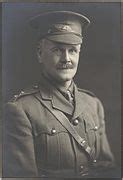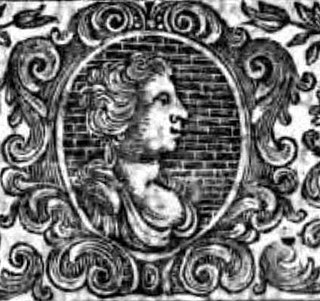A Quote by Jeremy Collier
Prudence is a necessary ingredient in all the virtues, without which they degenerate into folly and excess.
Quote Topics
Related Quotes
We cannot live without trade. A society can neither advance nor improve without excess of disposable income. This excess can only be amassed through the production of goods and services necessary or attractive to the mass. A financial system which allows this leads to inequality; one that does not leads to mass starvation.
[the virtues] cannot exist without Prudence. A proof of this is that everyone, even at the present day, in defining Virtue, after saying what disposition it is [i.e. moral virtue] and specifying the things with which it is concerned, adds that it is a disposition determined by the right principle; and the right principle is the principle determined by Prudence.
[Prudence] is the virtue of that part of the intellect [the calculative] to which it belongs; and . . . our choice of actions will not be right without Prudence any more than without Moral Virtue, since, while Moral Virtue enables us to achieve the end, Prudence makes us adopt the right means to the end.
Virtues are in the middle, the royal way about which the saintly elder (Saint Basil the Great) said, "Travel on the royal way and count the miles." As I said, the virtues are at the midpoint between excess and laxness. That is why it is written, "Do not turn to the right or the left" (Prov 4:27) but travel on the "royal way" (Num. 20:17). Saint Basil also says, "The person who does not allow his thoughts to incline towards excess or deprivation but directs it to the midpoint, that of virtue, is upright in heart."
The step between prudence and paranoia is short and steep. Prudence wears a seat belt. Paranoia avoids cars. Prudence washes with soap. Paranoia avoids human contact. Prudence saves for old age. Paranoia hoards even trash. Prudence prepares and plans, paranoia panics. Prudence calculates the risk and takes the plunge. Paranoia never enters the water.
Strength, Courage, Mastery, and Honor are the alpha virtues of men all over the world. They are the fundamental virtues of men because without them, no 'higher' virtues can be entertained. You need to be alive to philosophize. You can add to these virtues and you can create rules and moral codes to govern them, but if you remove them from the equation altogether you aren't just leaving behind the virtues that are specific to men, you are abandoning the virtues that make civilization possible.
...just as the edifice of all the virtues strives upward toward perfect prayer so will all these virtues be neither sturdy nor enduring unless they are drawn firmly together by the crown of prayer. This endless, unstirring calm of prayer... can neither be achieved nor consummated without these virtues. And likewise virtues are the prerequisite foundation of prayer and cannot be effected without it.
Obstinacy, sir, is certainly a great vice; and in the changeful state of political affairs it is frequently the cause of great mischief. It happens, however, very unfortunately, that almost the whole line of the great and masculine virtues--constancy, gravity, magnanimity, fortitude, fidelity, and firmness--are closely allied to this disagreeable quality, of which you have so just an abhorrence; and in their excess all these virtues very easily fall into it.




































